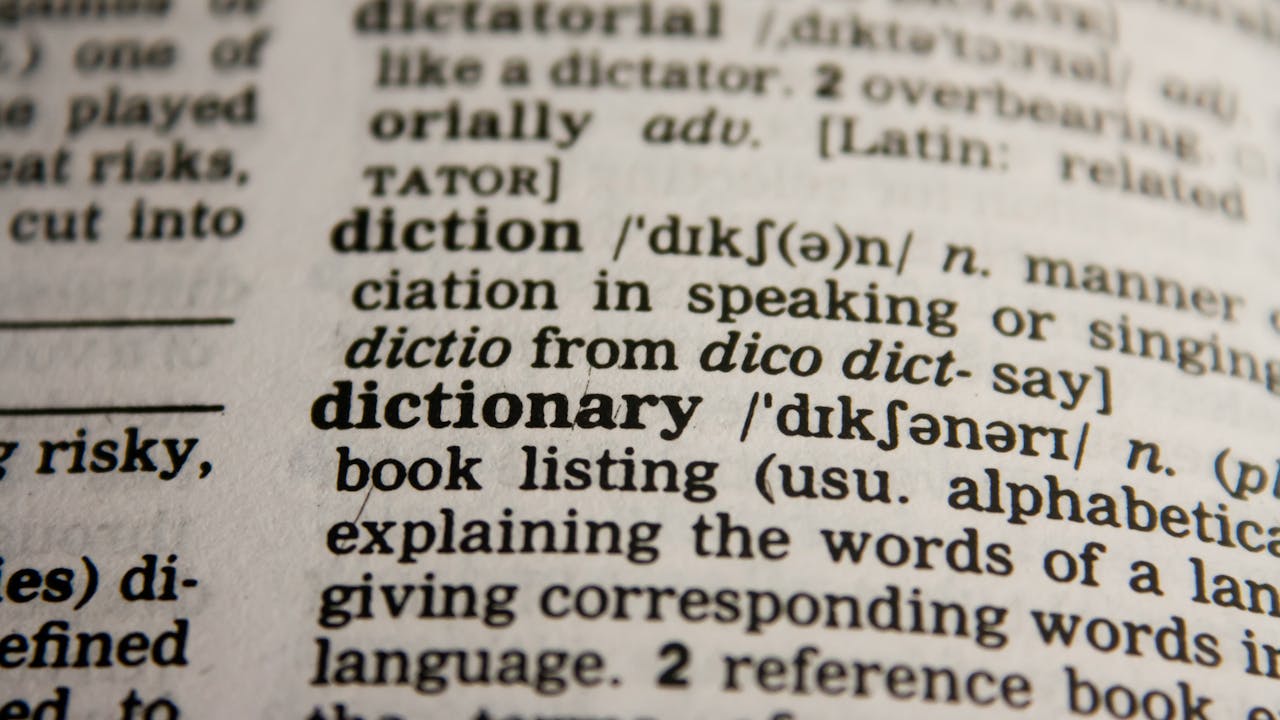The Wonders and Challenges of Language Acquisition
Language acquisition, the process through which individuals acquire and learn language skills, is a fascinating and complex journey that shapes the way we communicate, think, and understand the world around us. In this comprehensive exploration, we delve into the intricacies of language acquisition, examining the key stages, influential factors, and the profound impact it has on cognitive development.
Early Stages of Language Acquisition
The journey of language acquisition begins in infancy, long before a child utters their first words. Infants are remarkably adept at perceiving the sounds of their native language(s), a skill known as phonetic discrimination. As they progress, they engage in cooing, babbling, and eventually, the production of their first recognizable words.
Critical Period Hypothesis
Researchers propose a critical period for language acquisition, suggesting that there is an optimal window during which individuals are most receptive to language learning. While this concept has garnered support, it remains a subject of debate, with some arguing for continued language learning abilities beyond the proposed critical period.
Influential Factors in Language Development
Various factors contribute to the process of language acquisition, including genetics, environment, and social interactions. Genetic predispositions may influence linguistic abilities, while exposure to a rich language environment enhances vocabulary and grammar development.
The Role of Caregivers and Environment
Caregivers play a pivotal role in language development. The quality and quantity of language input from parents, caregivers, and the surrounding environment significantly impact a child’s language acquisition. Positive and responsive interactions foster language skills, while neglect or limited exposure may impede progress.
Bilingualism and Multilingualism
The acquisition of multiple languages, known as bilingualism or multilingualism, is a dynamic aspect of language development. Contrary to earlier beliefs that bilingualism could lead to confusion or cognitive disadvantages, research indicates cognitive benefits, such as enhanced executive functions and metalinguistic awareness, associated with proficiency in multiple languages.
Language Acquisition in the Digital Age
With the advent of technology, language acquisition has entered a new era. Interactive apps, educational games, and online resources offer supplementary tools for language learning. However, questions arise about the potential impact of screen time and digital interaction on traditional language development.
Language Disorders and Interventions
Language acquisition doesn’t always follow a smooth trajectory, and some individuals may experience language disorders. Conditions such as specific language impairment (SLI) or developmental language disorder (DLD) require targeted interventions, including speech therapy and specialized educational support.
Second Language Acquisition in Adulthood
While the early years are often considered optimal for language acquisition, adults can still acquire new languages. Second language acquisition in adulthood involves different cognitive processes, and success is influenced by motivation, exposure, and the learner’s attitude toward language learning.
The Role of Schools and Educational Systems
Formal education significantly contributes to language development. Schools provide structured language instruction, exposure to literature, and opportunities for social interaction that further refine language skills. Educational policies and curriculum choices impact language acquisition at a societal level.
Cultural and Societal Implications
Language is deeply intertwined with culture and society, shaping identities and facilitating communication within communities. The preservation of minority languages, recognition of linguistic diversity, and the promotion of inclusive language policies are essential considerations in fostering a rich and culturally sensitive linguistic environment.
A Lifelong Journey of Linguistic Discovery
In conclusion, language acquisition is a multifaceted journey that begins in infancy and continues throughout life. From the critical early stages to the complexities of bilingualism, digital influences, and adult language learning, the process of acquiring language shapes our cognitive abilities, interpersonal connections, and cultural affiliations. Understanding the intricacies of language acquisition is not only vital for educators, caregivers, and researchers but also enriches our appreciation for the profound role language plays in our shared human experience. As we navigate the evolving landscape of language acquisition, we unveil new opportunities for communication, connection, and lifelong learning.



